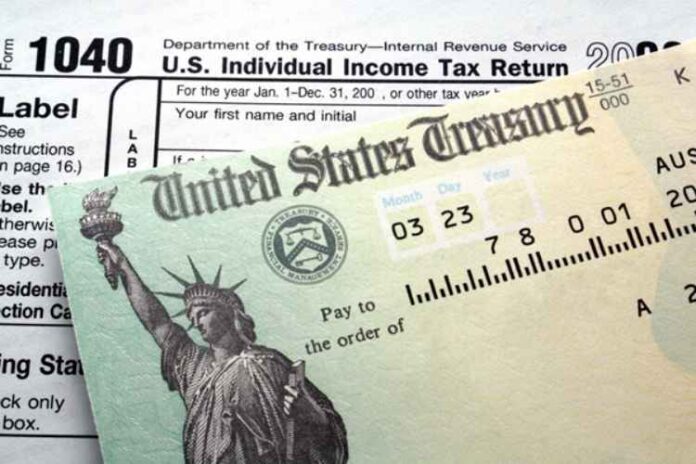It was once said by the great Benjamin Franklin, “In this world, nothing can be said to be certain, except death and taxes.” And when it comes to taxes, at least they’re predictable.
If you’ve earned income, you’re likely going to have to pay taxes on that income. If you’re employed, there’s a good chance your employer has already paid a portion or all of those taxes throughout the year.
And come tax season, you will be due either a tax transcript or a tax return. Unsure of the difference between a tax transcript vs. tax return? Want to know who needs those forms and why?
You’ve come to the right place. Let’s begin.
What Is a Tax Return?
A tax return is a form filed with the IRS denoting you paid taxes. This is also used to show if you received a tax refund.
Generally speaking, most employees receive a tax return each year from their employer. If you do not receive one, you may not qualify or have made enough money to warrant one.
Additional income needs to be reported, as well. If you earn income from gambling winnings, a freelance job, or a side business, you’ll need to file an additional tax return.
The most common forms for these earnings include a 1040, a 1040-EZ, or a 1040-A. These include everything you provided to the IRS in regards to your taxes.
Additional times you may need your tax return include applying for a mortgage, a loan, or for college financial aid applications.
It is recommended by the IRS to keep a copy of your tax return for at least one year after filing. Need a copy? You can request one here, going back four years.
What Is a Tax Transcript?
Tax transcripts are less common than tax returns. Here’s the tl;dr for our tax transcript guide: they’re less detailed than a tax return but are available from the IRS for up to ten years.
This can be helpful when establishing financial credit for starting a business if you don’t have your returns saved from several years back.
A tax transcript provides what type of return you filed, your marital status, your taxable income, and the adjusted gross income.
What Is a Tax Refund?
The best thing to receive from the IRS is a tax refund. This is money that you or your employer overpaid during the year. As a result, the government must issue you a refund for what you overpaid.
For the fiscal year of 2020, the IRS issued over 122 million tax refunds. That’s over 700-billion dollars that the IRS refunded people after they had submitted their taxes.
Of course, the range of these returns varied from pennies to thousands of dollars, depending on a variety of factors. When it comes to ensuring you’ll receive a tax return, it requires that you withhold enough money each month from your paycheck.
Tax Transcript Vs. Tax Return
Now you know the differences between a tax transcript vs. tax return. Each has its place in the world of taxation and is used for different purposes, albeit having some overlap.
The key difference comes down to a return you file with the government, and a transcript is something you may receive from the IRS after the fact.
Need more info on finance and taxes? Check out our related blog posts.


